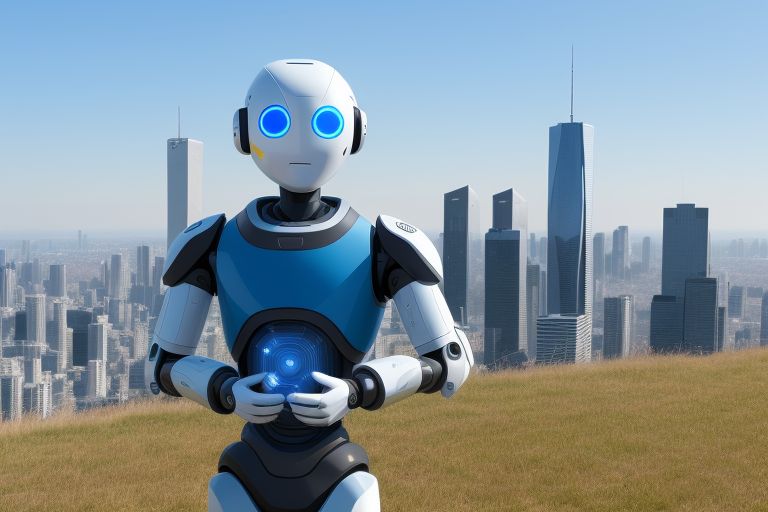The integration of artificial intelligence (AI) into the workplace is reshaping corporate culture and redefining the future of work. AI assistants are becoming ubiquitous in modern offices, not just as tools for automation, but as collaborative partners that enhance human capabilities, improve productivity, and influence corporate dynamics. This deep dive into the role of AI assistants in shaping the new corporate culture explores current trends and forecasts how these technologies will continue to evolve and impact the workplace.
Current Impact of AI Assistants in the Workplace
AI assistants, from chatbots in customer service to sophisticated project management tools, are streamlining operations in nearly every industry. These AI systems can handle a wide range of tasks, such as scheduling meetings, managing emails, and even providing real-time data analysis, allowing employees to focus on more strategic tasks that require human insight.
Enhancing Collaboration and Productivity
AI assistants are increasingly sophisticated in managing routine tasks, which helps reduce workplace stress and burnout by freeing up employee time for creative and strategic pursuits. For instance, AI-driven analytics tools can predict project bottlenecks, while AI schedulers can coordinate between team members, optimizing workflow and enhancing team collaboration.
Transforming Corporate Training and Development
AI is revolutionizing the way training programs are administered in the corporate world. Personalized learning environments powered by AI adapt to the pace and learning style of each employee, enhancing the effectiveness of training programs. This not only helps in upskilling employees more efficiently but also aids in retaining valuable talent by promoting a culture of continuous learning and improvement.
Influencing Corporate Decision-Making
AI assistants are also playing a crucial role in decision-making processes. By processing vast amounts of data and delivering insights that would take humans much longer to derive, AI enables businesses to make informed decisions swiftly. This capability is particularly valuable in areas such as market analysis, financial forecasting, and resource allocation.
Promoting a More Inclusive Workplace
AI tools are instrumental in promoting diversity and inclusion within the workplace. By eliminating human biases from initial screening processes during hiring, AI can help create a more diverse workforce. Additionally, AI-driven communication tools can break down language barriers, enabling a more inclusive environment for global teams.
Future Trends and Predictions
1. AI-Driven Corporate Governance
As AI technology continues to mature, it will play a more significant role in corporate governance. AI could be used to monitor compliance, manage risk, and even make ethical decisions based on predefined criteria, potentially leading to more accountable and transparent corporate practices.
2. The Rise of AI as Team Members
In the future, AI assistants may evolve into team members capable of participating in creative processes and strategic planning. They will not only support but also actively contribute to projects with ideas generated through data analysis and machine learning processes.
3. Seamless Integration of Remote Work
AI assistants will be pivotal in managing the complexities of remote and hybrid work models. They can facilitate seamless communication and ensure that productivity and collaboration are maintained, regardless of physical location.
Conclusion
AI assistants are transforming the landscape of work, influencing corporate culture in profound ways. As these technologies advance, they promise to bring even more significant changes, enhancing the efficiency and creativity of the workforce. The future of work will likely see AI not just as a tool but as an integral part of the team, driving innovation and fostering a more dynamic, inclusive, and productive corporate culture.



